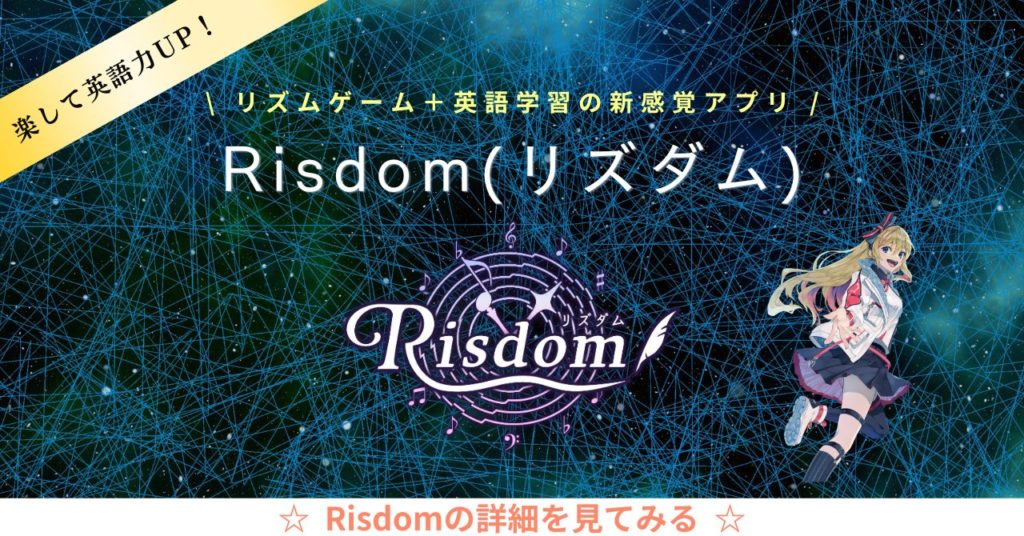開隆堂 高1APPLAUSE Lesson6 Section1の本文の日本語訳と重要箇所の解説です。
Lesson6-2, 6-3の解説はこちらからご覧ください。
>高1APPLAUSE Lesson6 Section2 本文和訳
>高1APPLAUSE Lesson6 Section3 本文和訳
- APPLAUSE Lesson6 Section1 本文と日本語訳
- APPLAUSE Lesson6 Section1 重要事項の解説
- Have you ever heard the word “serendipity”?
- It means making valuable discoveries by accident.
- In 1853, a shrewish guest came to a restaurant in New York.
- He was Cornelius Vanderbilt, an American millionaire.
- He ordered French fries, and when he saw them, he said, “These are too thick to eat!'”
- He sent them back again and again.
- George Crum, the chef cooking in the kitchen, got really angry.
- He cut the potatoes extremely thin, just like pieces of paper.
- They curled and became crisp.
- “Take that! He can’t stab them with a fork.”
- However, Vanderbilt said, “How delicious!”
- They became a popular item on the menu at the restaurant.
- In this way, the first potato chips are said to originate from a chef’s anger.
- APPLAUSE Lesson6 Section1 まとめ
APPLAUSE Lesson6 Section1 本文と日本語訳
Have you ever heard the word “serendipity”?
「あなたは今までに『セレンディピティ』という言葉を聞いたことはありますか?」
It means making valuable discoveries by accident.
「それは偶然価値のある発見をすることを意味します。」
In 1853, a shrewish guest came to a restaurant in New York.
「1853年,ニューヨークのレストランに口うるさい客が来ました。」
He was Cornelius Vanderbilt, an American millionaire.
「彼はアメリカの大金持ちのコーネリアス・ヴァンダービルトといいました。」
He ordered French fries, and when he saw them, he said, “These are too thick to eat!'”
「彼はフレンチフライを注文して,それを見たときに,『これは食べるには厚すぎる!』と言いました。」
He sent them back again and again.
「彼はフレンチフライを何度も突き返しました。」
George Crum, the chef cooking in the kitchen, got really angry.
「厨房で作っていたシェフのジョージ・クラムはひどく怒りました。」
He cut the potatoes extremely thin, just like pieces of paper.
「彼はちょうど紙のように,ジャガイモを非常に薄く切りました。」
They curled and became crisp.
「ジャガイモは丸まって,パリッとしたものになりました。」
“Take that! He can’t stab them with a fork.”
『これでもか!彼はフォークで刺せないだろう。』
However, Vanderbilt said, “How delicious!”
「しかし,ヴァンダービルトは『なんておいしいんだ!』と言いました。」
They became a popular item on the menu at the restaurant.
「それはそのレストランのメニューで人気の商品になりました。」
In this way, the first potato chips are said to originate from a chef’s anger.
「このように,最初のポテトチップスはシェフの怒りに起源があるとされています。」

APPLAUSE Lesson6 Section1 重要事項の解説
Have you ever heard the word “serendipity”?
この文では「現在完了の経験用法」が使われています。
“serendipity”は「偶然の発見」といった意味の言葉です。そのまま「セレンディピティ」と言うことが多いですね。
It means making valuable discoveries by accident.
“It”は“serendipity”を指しています。
“mean”は「を意味する」という動詞で,“make a discovery”で「発見をする」という表現になります。ここでは“making”と「動名詞」になっていますね。
“valuable”は「価値のある」という形容詞,“discovery”は「発見」という名詞です。
” by accident”は「偶然に」という重要表現です。
In 1853, a shrewish guest came to a restaurant in New York.
“shrewish”は「口うるさい」という形容詞で,“guest”は「客」という名詞です。
He was Cornelius Vanderbilt, an American millionaire.
“Cornelius Vanderbilt”と“an American millionaire”は「同格語」になります。“名詞,名詞”の並びは「同格語」の可能性が高いですよ!
“millionaire”は「大金持ち」という名詞ですね。
He ordered French fries, and when he saw them, he said, “These are too thick to eat!'”
この文は「接続詞when」が使われています。
“order”は「を注文する,命令する」という動詞で,“French fries”は「フレンチフライ」で,いわゆる「フライドポテト」のことです。
“these”は“this”の複数形で「これらは(の)」という意味です。
“too”は「~すぎる」という副詞で,“thick”は「厚い,太い」という形容詞ですね。
“too 形容詞 to 動詞の原形”は「…するには~すぎる」という重要表現です。
He sent them back again and again.
“send A back”は「Aを送り返す,突き返す」という意味です。
“again and again”は「何度も」という表現になります。
George Crum, the chef cooking in the kitchen, got really angry.
“George Crum”と“the chef cooking in the kitchen”は「同格語」になります。
“cooking”は「現在分詞」で,直前の“chef”を修飾していますね。
“get 形容詞”は「~になる」という重要表現で,“angry”は「怒った」という形容詞です。
He cut the potatoes extremely thin, just like pieces of paper.
“cut”は「を切る」という動詞で,過去形も過去分詞形もすべて同じ形です。
“extremely”は「極度に,非常に」という副詞で,“thin”は「薄い」という形容詞になります。
“just”は「ちょうど,ただ,~なだけ」といった副詞で,“like”は「~のような」という前置詞になりますね。
“paper”は「紙」ですが不可算名詞なので,数えるときは“a piece of”を前に付けます。
複数形にしたいときは“pieces”と,“piece”を複数形に変えてあげます。
They curled and became crisp.
“They”は“the potatoes “を指しています。
“curl”は「丸まる」,“become”は「~になる」という動詞で,“crisp”は「パリッとしたもの」という名詞になります。
“Take that! He can’t stab them with a fork.”
“Take that!”は「これでもか!」というように,怒りを含んだ表現になります。
“stab”は「を刺す」という動詞ですね。“them”は“the potatoes “を指しています。
“with”は「~と一緒に」という前置詞ですが,今回のように「~を使って」といった意味で使うこともありますよ!
However, Vanderbilt said, “How delicious!”
“however”は「しかし」という意味の副詞になります。
同じ意味で“but”がありますが,こちらは接続詞なので品詞が異なります。“but”は“文A,but 文B”というように,2つの文を繋ぐ際に使います。
“文A. But 文B.”というように,“but”を文の先頭に置いて1文だけで完結させるのは原則NGとなります。
“How 形容詞/副詞!”は「感嘆文」で,「なんて~なんだ!」という意味になります。
They became a popular item on the menu at the restaurant.
“They”は“the potatoes “を指しています。
“popular”は「人気な」という形容詞で,“item”は「商品,項目」といった名詞になります。
In this way, the first potato chips are said to originate from a chef’s anger.
この文は「受動態」になっています。
“in this way”は「このように」という重要表現です。
“first”は「最初の,初めての」という形容詞で,“anger”は「怒り」という名詞です。
“be said to 動詞の原形”は「~と言われている,されている」といった意味になります。
“originate”は「を起源とする」という動詞ですね。
名詞に‘sを付けると「~の」という所有を表します。
直前の名詞が複数形のときは” teachers‘ “のようにアポストロフィーだけを最後に付けます。
APPLAUSE Lesson6 Section1 まとめ
以上がAPPLAUSE Lesson6 Section1の日本語訳となります。
「分詞」「受動態」などの文の作り方を確認しておきましょう!
>高1APPLAUSE Lesson6 Section2 本文和訳
>高1APPLAUSE Lesson6 Section3 本文和訳
何か分からない点や他に解説してほしい点があれば,お気軽にコメントしてください!




コメント